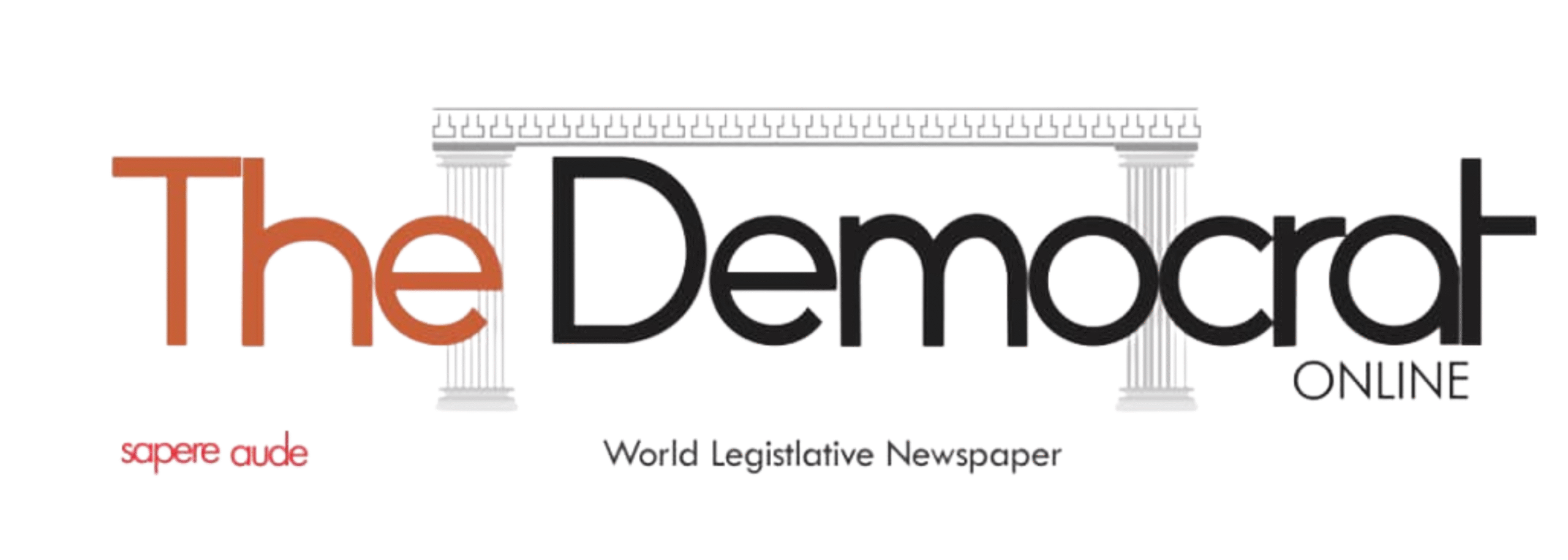Shell PLC and its partners have started oil production at the GKGJE Phase 4 deepwater project on the Malaysia-Brunei border. The project, comprising three production wells and one water injector, is expected to produce 21,000 barrels of oil equivalent per day.
Two wells are in Malaysia, while the other two are in Brunei. Shell stated that GKGJE Phase 4 contributes to its goal of adding 500,000 barrels of oil equivalent per day from new upstream projects between 2023 and 2025.The GKGJE project is a joint venture involving Shell, ConocoPhillips, Petronas, PTT Exploration, Pertamina, and Murphy Oil.
Petronas highlighted the project as a key milestone in Malaysia-Brunei deepwater oil collaboration. The Unitization Management Committee, a partnership between Malaysia’s MPM and Brunei’s National Unitization Secretariat, played a crucial role in streamlining policies, optimizing logistics, and improving operational efficiency.Phase 4 production is directed to the Gumusut-Kakap floating production system off Sabah.Gumusut-Kakap, Shell’s first deepwater project in Malaysia, began in 2014.
Phase 2 (2019) added four tieback wells, while Phase 3 (2022) included two oil producers and two water injectors.In March 2021, Brunei’s National Unitization Secretariat and Petronas finalized an agreement on the unitization of GKGJE’s oil and gas fields. Sabah Shell Petroleum was appointed operator.
Separately, Shell and its partners brought the Jerun gas field online in 2023.About 160 km off Sarawak, the project aims for 550 million cubic feet per day.SapuraOMV discovered Block SK408 in 2016 after drilling nine wells. TotalEnergies took over in 2023, acquiring SapuraOMV. Sarawak Shell and Petronas Carigali each hold 30%, while TotalEnergies owns 40%.



